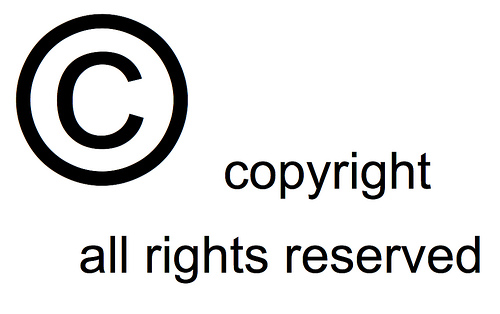Copyright is an exclusive right of intellectual property that gives its owner the property a right to copy and distribute their creative work for a lifetime and at times for a limited time; mostly a duration of Fifty years.
Copyrighted materials include: Music, books, films, Photographs, sound recordings, paintings, databases, reports, letters, emails and so many more.
Every content creator has a right to protect their material from plagiarism and safeguard their creative works. This is only achieved through copyright, which accords authors of literary works, Audio visual and music producers exclusive rights to the materials they generate and broadcast.
Copyright allows people to express their ideas freely without the fear of being copied without authority. It plays a major role in motivating creative individuals to do more in their field of expertise at will.
It is very important that all original owners of materials produced for the purpose of public consumption have a copyright certificate. This certificate will help the producers of the content prove that they are the original content creators in case a dispute arises.
The copyright certificate is also important because it can be used as collateral when one wants to take a bank loan and other lending institutions for borrowing funds.
Registration of copyright in Kenya is done by the Kenya Copyright Board (2018). For you to be registered:
- The work must be of original authorship.
- It must not be copied.
- The work must be in a tangible form including digital form for example CD, books, music cassettes.
- Two copies of the work submitted with the application.
- A duly filled, signed and commissioned registration
In case one feels their copyright has been infringed they can report to the Kenya Copyright Board, this is the body that is in charge of regulating all affairs in the copyright industry.
Infringement of copyrighted material in Kenya is illegal and punishable by law. If one is found guilty of infringing on these rights, they will be fined a maximum of Ksh.800,000 or a maximum of 10 years imprisonment or both.


